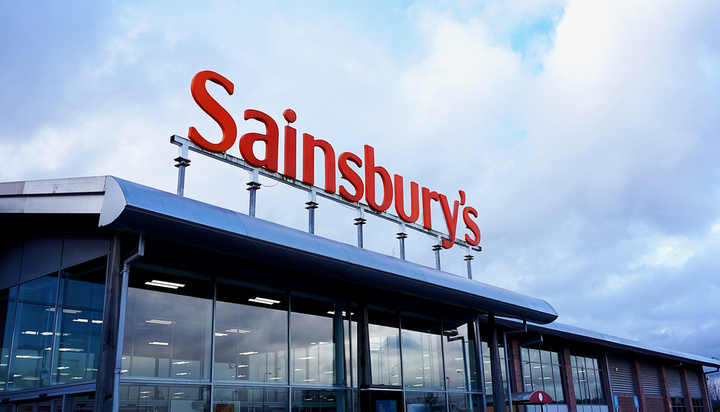Thursday 4 February 2021
Sainsbury’s commits to science-based targets to reach net zero

Sainsbury's has unveiled plans to significantly reduce its greenhouse gas emissions, with approved science-based targets in its operations and across the supply chain.
They include a commitment to set an absolute target to reduce its Scope 3 emissions by 30% by 2030, together with a net zero target for its Scope 1 and 2 emissions by 2040, in line with the Paris climate agreement.
It will also work with a number of suppliers on developing and meeting their own Scope 1 and 2 targets, including through supplier engagement programmes with CDP and the Higg Index.
Sainsbury's Scope 3 emissions reduction includes cutting emissions from purchased goods and services sold, upstream transport and distribution and the direct use of sold products.
It has reduced its Scope 1 and 2 emissions by 42% over the last 16 years, despite growing as an organisation by 46%.
The retailer also plans to increase healthy and sustainable diets, recycling, driving towards water neutrality, reducing food waste and plastic packaging and working to be net positive for biodiversity.
It is improving the overall energy efficiency of its existing stores and depots, investment in innovative technology to ensure fridges are as efficient as possible, reducing refrigerant gas and continuing to look at zero carbon alternatives for the delivery of goods.
Simon Roberts, CEO of Sainsbury's said: “We have a responsibility to our colleagues and the communities we serve to reduce the impact our business has on the environment and have been working hard to reduce our carbon emissions over the last 16 years. Setting bold science-based targets across our Scope 1, 2 and 3 emissions strengthens our long-standing commitment to protecting the environment and tackling climate change.
“We are making significant progress on our road to net zero however we can't get there on our own, to make a meaningful difference to climate change and we need to collaborate with industry, work closely with our suppliers and engage our colleagues and customers.”




